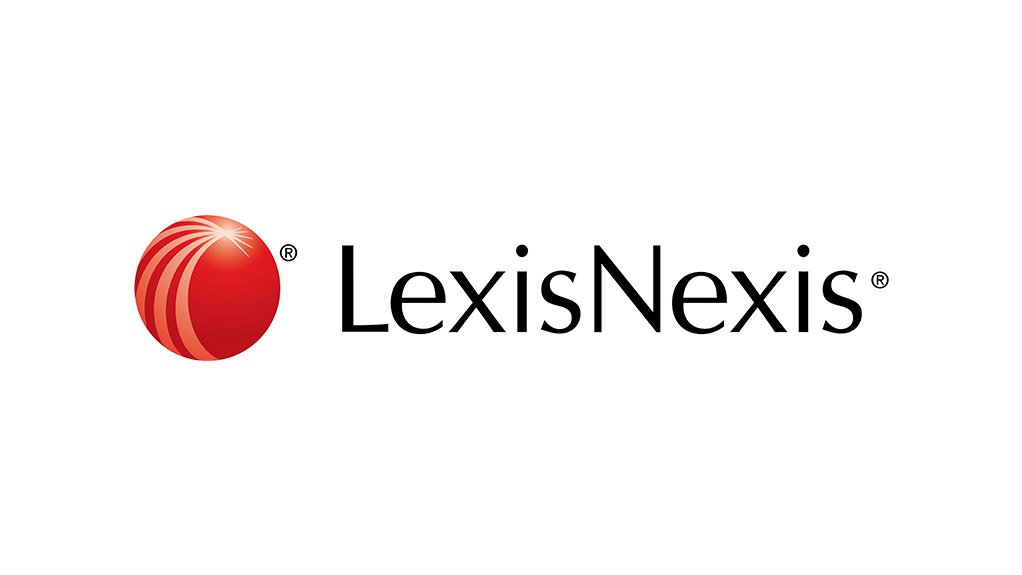Legal professionals will need access to up-to-date legislation and case law to continue to serve the needs of their client base in 2019. Access to trustworthy and authoritative legal technology and resources will be indispensable in navigating the dynamic nature of the regulatory landscape.
The Prevention and Combatting of Hate Crimes and Hate Speech Bill, new amendments to the Electoral Act, amendments to the Public Audit Act, as well as the New Political Party Funding Bill signed into law on 22 January 2019, were all legislative changes of relevance in the run-up to the elections. Post elections, President Cyril Ramaphosa signed another four bills into law, namely the Carbon Tax Bill, the Customs and Excise Bill, the Financial Matters Amendment Bill and the Public Audit Excess Fee Bill.
Prioritising reputational management
Section 16 of the Bill of Rights gives everyone the right to freedom of expression. However, this right is limited in that it does not extend to propaganda for war, incitement to imminent violence or advocacy of hatred that is based on race, ethnicity, gender or religion, which constitutes incitement to cause harm. The Prevention and Combating of Hate Crimes and Hate Speech Bill is intended to address frequently occurring and sometimes violent conduct of persons who are motivated by clear and defined prejudices.
Supporting the Rule of Law
The Public Audit Amendment Act, Act 5 of 2018 has substantially expanded the powers of the Auditor-General’s office to ensure accountability in the management of public funds, helping to stamp out corruption. It enables the Auditor-General to refer “suspected material irregularities” arising from an audit, to a relevant public body, such as the Hawks, the South African Police or the public protector, for further investigation. It also requires the Auditor General’s office to follow up to establish if the recommended remedial action has been taken and to recover funds arising from fruitless and wasteful expenditure from those responsible. To give further effect to this, the Public Audit Excess Fee Act 20 of 2019 was passed on 23rd May. The Act aims to ensure the sustainability of the office of the Auditor General by providing a specified excess audit fee for some government entities against National Revenue.
The new Political Party Funding Bill provides for and regulates the public and private funding of political parties, prohibits certain donations made directly to political parties and requires disclosure of funders. Recent changes to the Labour Law Act saw the introduction of the minimum wage from 1 January 2019.
The new Financial Matters Amendment Act 18 of 2019 makes amendments to the Insolvency Act, the Military Pension Act, the Banks Act and the Government Employees’ Pension Law.
Working towards a greener future
The Carbon Tax Act 15 of 2019 has been signed into law and came into operation on 1 June 2019. Companies, manufacturers and individuals will be liable to pay the carbon tax if conducting an activity that results in the emission of greenhouse gases above the prescribed emission thresholds. The tax will be implemented in two phases, with the first starting June 1, 2019 through to December 31, 2022. The second phase begins from 2023 through to 2030.
In line with the above, the new Customs and Excise Amendment Act 13 of 2019 provides for mechanisms for collection and payment of the carbon tax. It also amends the Customs and Excise Act to allocate licensing premises and regulate the submission and verification of accounts. It is not yet in force.
Putting ethics into action
Other relevant legislation to be aware of includes:
- The Competition Amendment Act 18 of 2018 which was signed into law by the President on the 13th of February 2019 and introduces amendments to the market inquiry and abuse of dominance provisions, as well as penalty increases for cartel conduct; and
- The Companies Amendment Bill, which impacts the disclosure of remuneration and benefits paid to directors and prescribed officers, financial assistance to a subsidiary within a group and share buybacks; and
- The Copyright Amendment Bill which defines ‘fair use’ to include provisions that facilitate better access to information and resource-sharing, along with other benefits like allowing accessible formats for persons with disabilities, which has been welcomed by educational institutions, including libraries.
Responsible technology usage
The Cybercrimes and Cybersecurity Bill, which will bring South African law up to date in the digital era, criminalises the distribution of harmful data messages, further regulates numerous aspects in respect of cybercrimes and imposes obligations on electronic communications service providers and financial institutions to report and assist in the investigation of cybercrimes, as well as providing for structures to promote cybersecurity.
Approaching technology as a tool to remain current
These changes will require upskilling by legal teams, harnessing the power of technology to ensure that they stay abreast of the changes in the legal landscape and provide relevant and up-to-date counsel. Legal professionals will be faced with an increasing need to dig deeper and adapt to changing environments to remain current and meet the varied needs of the industries they serve – whether as in-house counsel or as external service providers.
Keeping abreast of – and effectively implementing the required amendments as a result of the changes that have taken place and are likely to take effect in 2019 - is made easy for legal and business professionals using the LexisNexis range of trusted online and printed resources.
For more information visit: https://www.lexisnexis.co.za/lexislibrary
EMAIL THIS ARTICLE SAVE THIS ARTICLE ARTICLE ENQUIRY
To subscribe email subscriptions@creamermedia.co.za or click here
To advertise email advertising@creamermedia.co.za or click here











